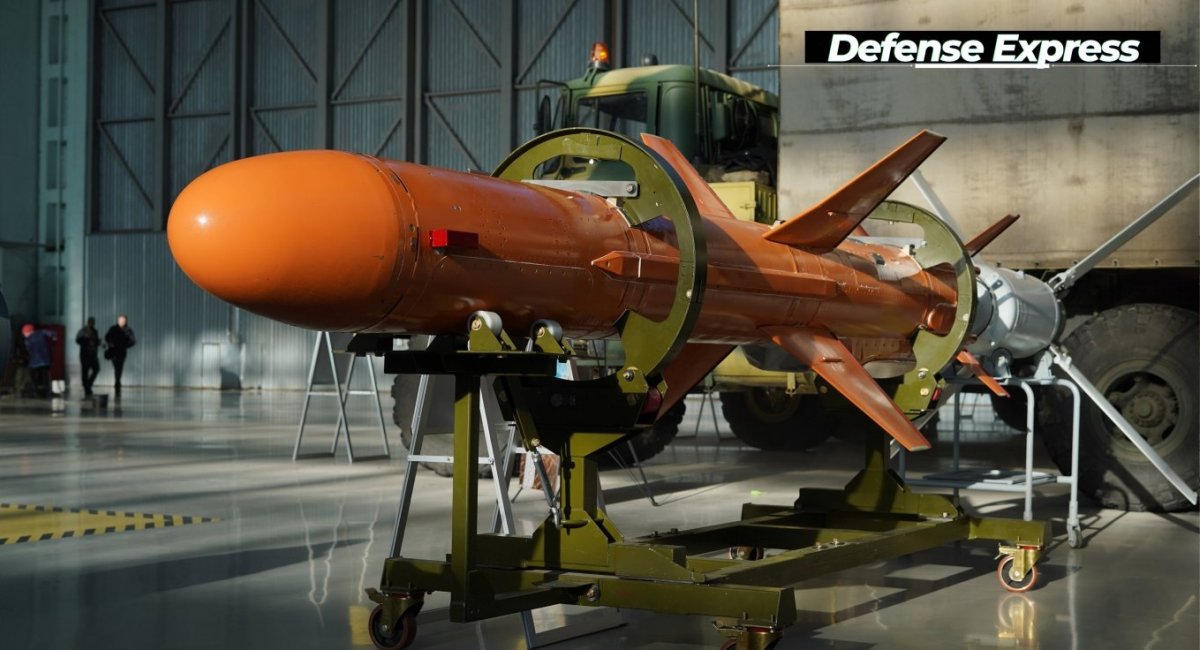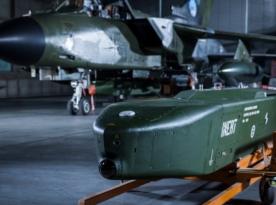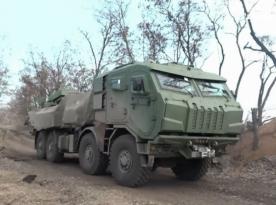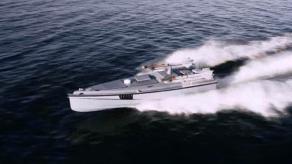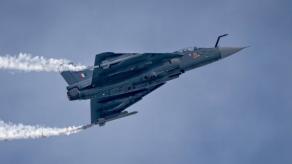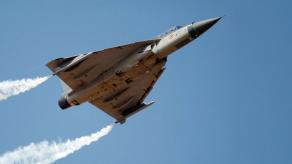German defense company Diehl Defence, known as the manufacturer of IRIS-T air- and surface-to-air missiles, is working on its own coastal missile system, European Defense Review reports. The system in development, labeled Coastal Defence Launcher, was presented as a scale model at the LIMA 2025 defense exhibition.
The project puts the company in a rather interesting spot because, currently, the German armed forces don't have coastal installations for anti-ship missile launch, effectively creating a vacuum in this niche. Against this background, Ukraine could seek cooperation by offering its famed R-360 Neptune to arm the system, especially since there's already a foundation for such cooperation.
Read more: No Radar Will Hide: Ukraine and Denmark to Create New ELINT System For Raybird-3

The company promotes the system's key feature as modularity, allowing integration of various anti-ship missiles. For starters, the RBS15 Mk3 missile is being considered for armament.
The expected timeframe of development and potential buyers of this system have not been specified. The composition of a battery may include up to several mobile launchers carrying four anti-ship missiles each, a few support vehicles, and one radar.
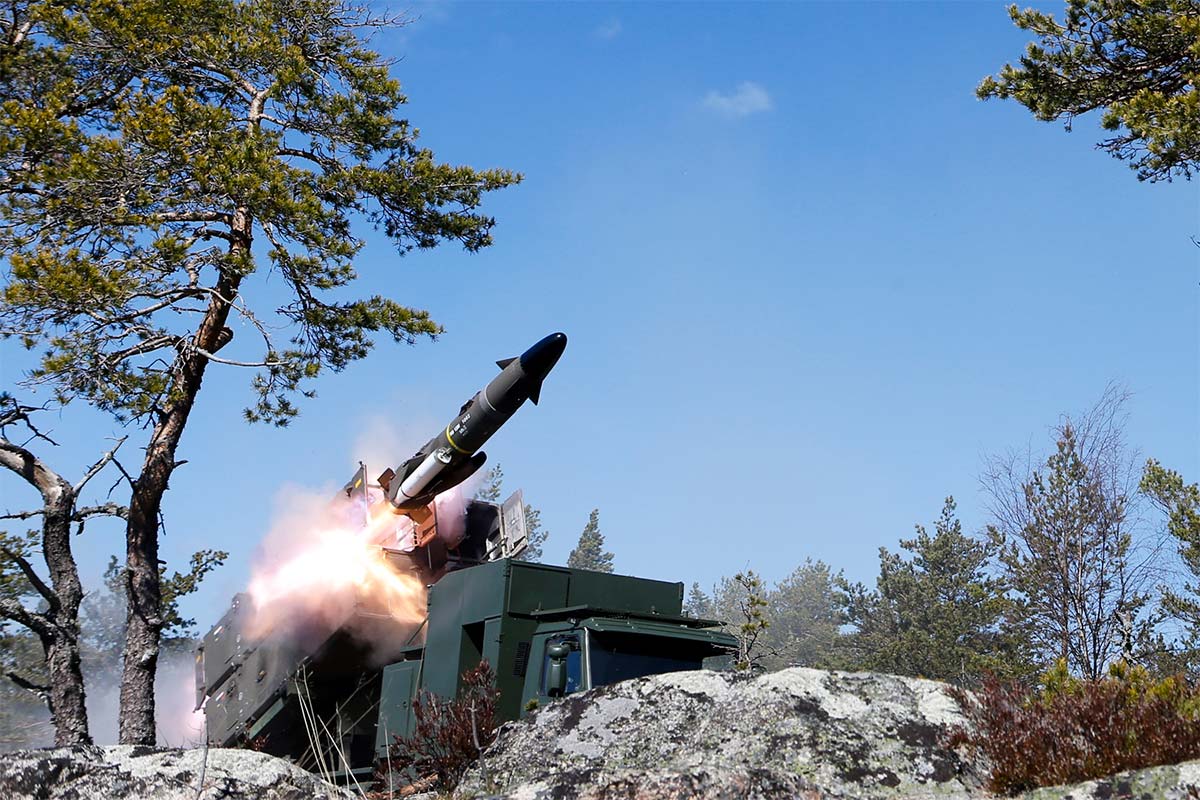
Defense Express notes that the RBS15 Mk3 anti-ship missile has a launch weight of 800 kilograms and a body 4.35 meters long. Meanwhile, the specifications of the basic version of the R-360 Neptune anti-ship missile presented years ago portrayed the obscure missile as 5.5-meters-long and weighing 870 kilograms. Since then, the weapon reportedly underwent multiple modifications, so the data might be obsolete.
Nonetheless, these figures point to a clear difference in the launch weight and body length between these anti-ship missiles, raising questions as to which extent Diehl's Coastal Defence Launcher will be flexible with its modular capability. On the other hand, the project is still in the initial stages of development, meaning a timely offer of cooperation may shape its features going forward and make the R-360 Neptune part of the promising coastal defense system.
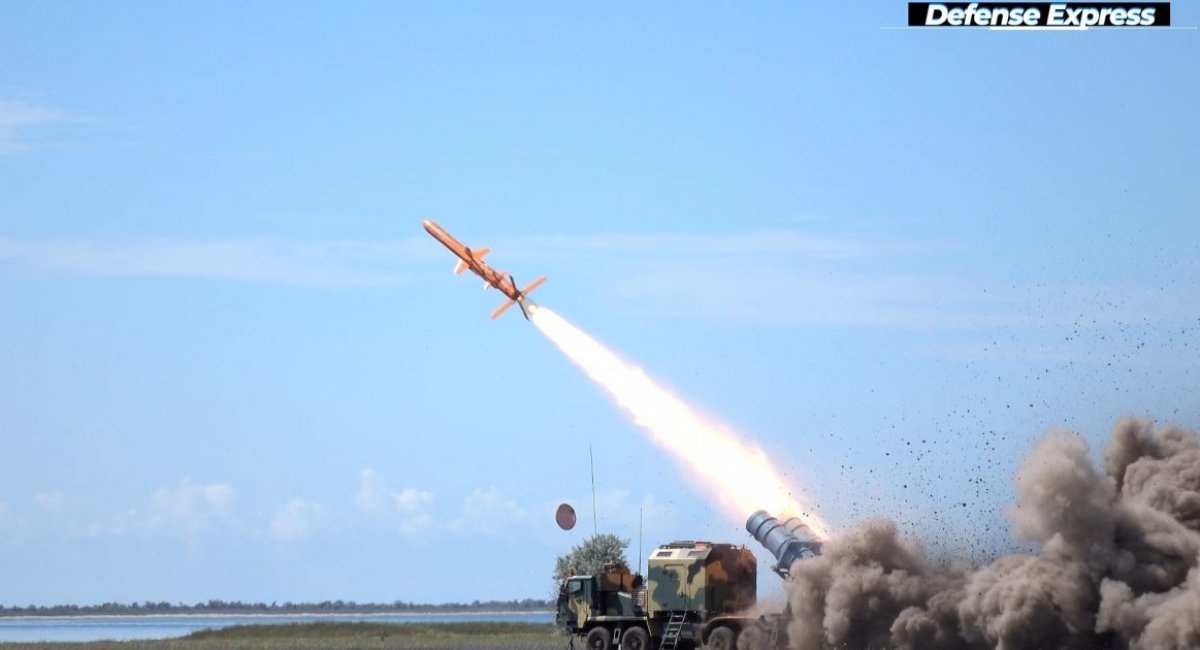
Moreover, the weight and size discrepancies is not even the main issue when it comes to the prospect of integrating the Neptune into the German launcher. Far more pressing is whether the Ukrainian weapon is compatible with Diehl's and Bundeswehr's fire control systems, and if not, how possible it is to update the software to overcome any problems.
That said, theoretically, R-360 Neptune can offer a more capable anti-ship defense solution with its potent range officially outlined as exceeding 280 kilometers (150+ nautical miles) — while RBS15 Mk3's maximum range is only 200 kilometers. This gap could be a strong argument when lobbying the integration of Ukrainian missile system that should prove worth all the effort.
Read more: Germany May Supply the Taurus Missiles to Ukraine If russia Rejects Ceasefire, Keeping All Operational Details Under Wraps



